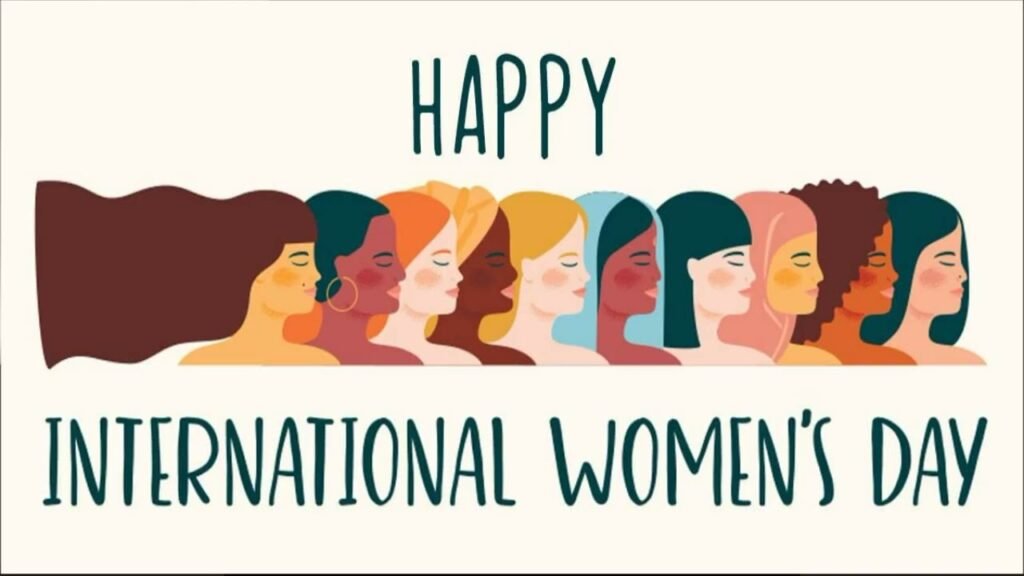March 8th, International Women’s Day, is a historical symbol of the struggle for the rights of working women. This day should be recognized not only as a celebration of women’s liberation but also as a key moment for the organized resistance of the working class against capitalism. According to this view, the emancipation of women is achievable only within the context of the struggle for a classless society.
Historical Roots and Women’s Struggle
The roots of International Women’s Day trace back to the early 20th century, particularly the labor movements of working-class women in the United States and Europe who stood against capitalist exploitation. On March 8, 1908, textile workers in New York went on strike, demanding improved working conditions, shorter working hours, better wages, and the right to vote. This action became one of the first significant steps toward organized resistance by women workers against the exploitation of capitalism. Upon Clara Zetkin’s proposal, the socialist women’s movement accepted March 8 as International Working Women’s Day during the Second International Conference in Copenhagen in 1910.
The Importance of Women’s Organization
The organization of women is inherently linked to the struggle of the working class. Capitalism exploits women not only as labor but also as the primary agents of social reproduction. While it draws women into the labor market as cheap labor, it simultaneously sustains their unpaid labor in the home. Organizing women is essential to foster awareness of this dual exploitation. Women must organize not only in workplaces but also in neighborhoods, schools, and homes. Since gender inequality is fundamental to the capitalist system’s survival, women’s organized resistance poses a substantial threat to this structure.
Women’s Role in the Struggle Against Imperialism
Women’s liberation must be addressed on an international level, beyond national borders. Imperialist powers exploit and oppress women globally to safeguard their economic interests. Today, women workers worldwide are often employed at the lowest wages, facing violence and exploitation in refugee camps or conflict zones. Therefore, organizing women against imperialism is essential, encompassing not only a struggle against capitalism but also resistance to imperialist domination.
The Fight for a Classless Society as the Path to Women’s Liberation
Gender equality can only be realized in a society without class divisions, where exploitation is abolished. Achieving economic independence for women, the socialization of domestic labor, and the dismantling of patriarchy are possible only through an organized working-class movement. In building socialism, women will have equal rights in all areas of social life, not just in production.
Women Worker’s Unite
March 8 should be seen not merely as a day of celebration but as a day of women’s defiance against the capitalist system and patriarchy. The organized involvement of women in socialist struggle is critical to dismantling capitalism and building a classless society for the common interests of the working class. Given today’s increasing crises, wars, and impoverishment worldwide, it is more essential than ever for women to organize and join the fight.
On March 8, we proclaim: Women Worker’s, unite! Join in organized struggle for the liberation of the oppressed across the world!


